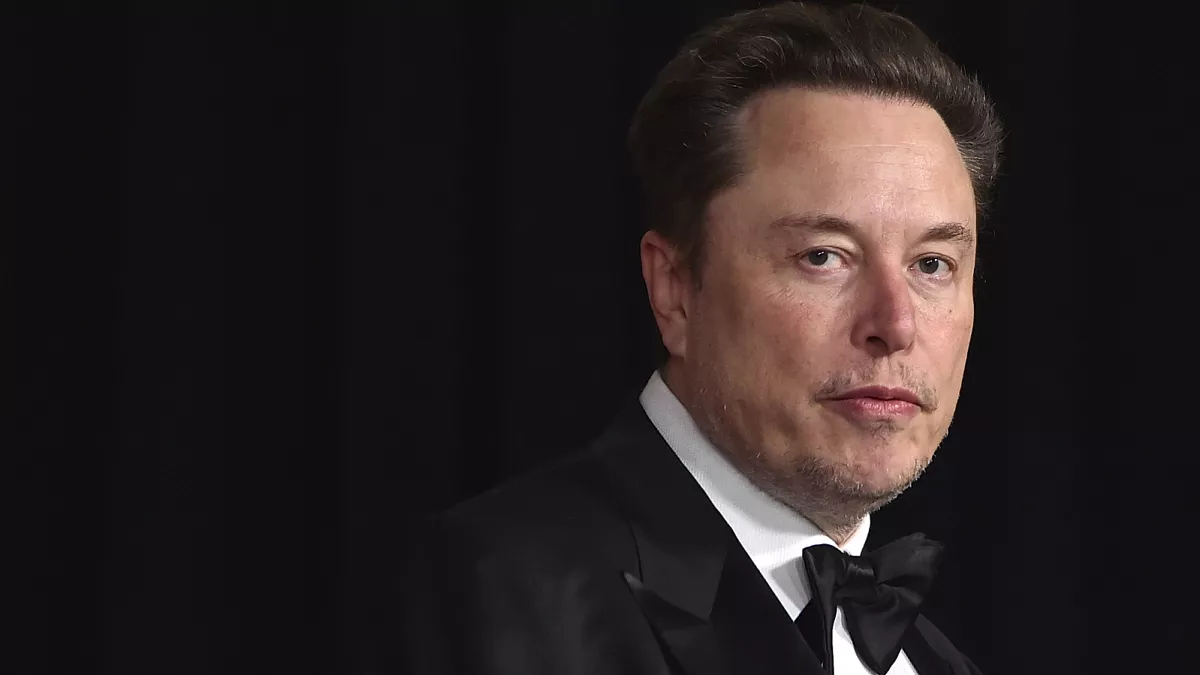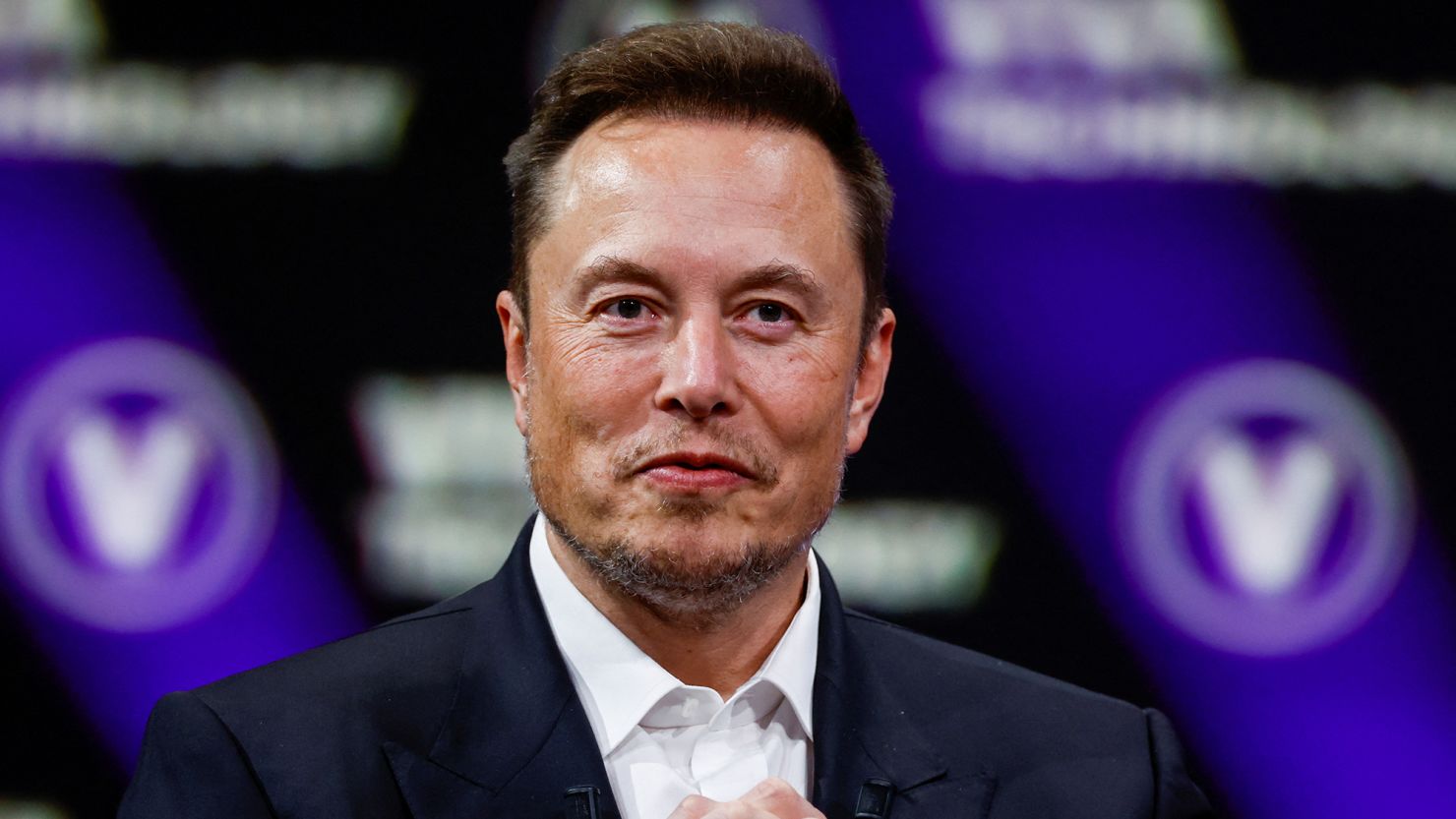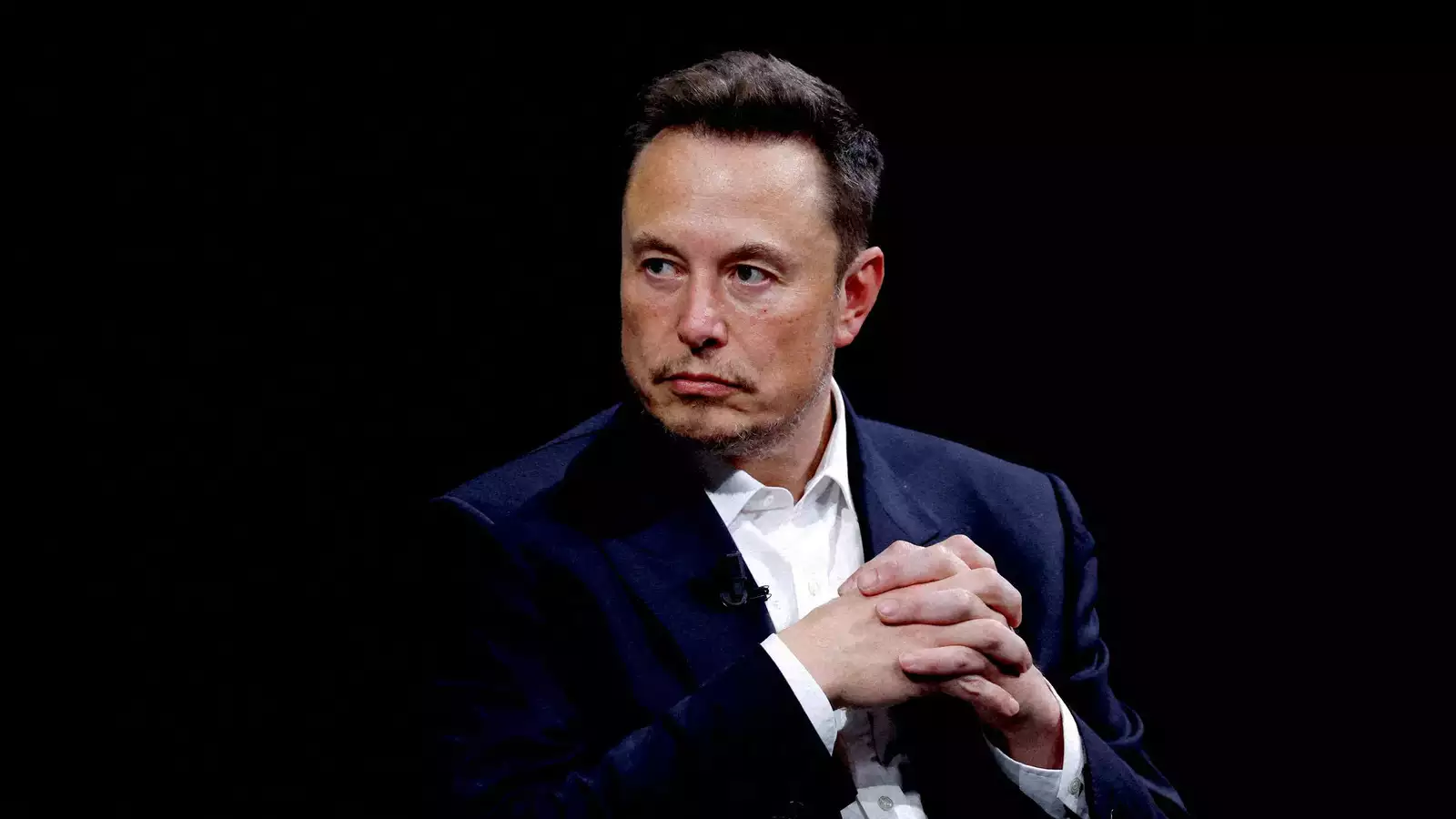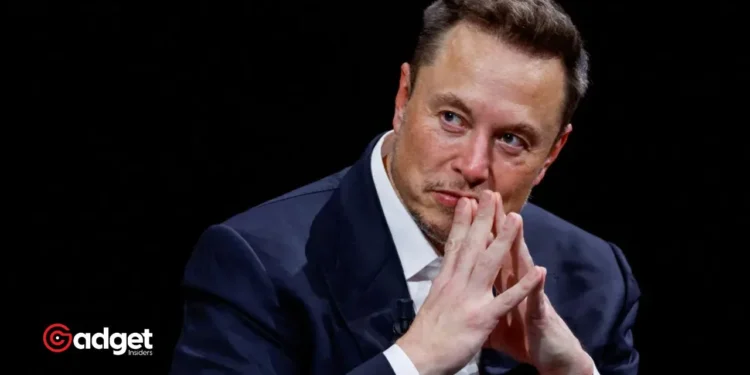In the heart of Africa, Sudan finds itself at a crossroads not just geopolitically but also digitally. The recent decision by SpaceX to discontinue Starlink’s internet service in Sudan has sparked a major outcry from both the local populace and the international community. This move, set to take effect by April 30, has left millions of Sudanese disconnected from the world amidst ongoing military conflicts that have already severed mobile network connections.
The war, which has raged since April 15, 2023, between the Sudanese Armed Forces and the paramilitary Rapid Support Forces, has not only claimed thousands of lives but has also devastated infrastructure, displacing countless individuals. Amid this chaos, Starlink had emerged as a vital lifeline, enabling internet connectivity against a backdrop of nationwide telecom blackouts.

Human Rights Concerns and the Potential Impact of Starlink’s Withdrawal
A collective of 94 rights organizations has voiced stern opposition to Starlink’s impending shutdown, emphasizing the critical role of telecommunications in modern society. “Any shutdown of telecommunication services is a violation of human rights and may be considered to be a collective punishment that will not only isolate individuals from their support networks but also exacerbate the already dire economic situation facing millions,” the coalition stated.

This sentiment reflects a broader consensus that access to information and communication is not merely a convenience but a fundamental human right, especially crucial during humanitarian crises. The potential impact of this shutdown extends beyond mere isolation; it threatens the efficacy of aid operations and the basic survival mechanisms of millions who rely on digital cash transfers from relatives abroad.
Economic Repercussions and the Role of International Aid
The cessation of Starlink’s services could have profound economic repercussions. For a population already deprived of regular salaries due to the ongoing conflict, the internet serves as a critical conduit for receiving essential financial support from the diaspora. The lack of connectivity not only hinders personal communications but also stalls the operations of numerous humanitarian agencies striving to deliver aid and coordinate relief efforts across the region.
If @Elonmusk suspends starlink in Sudan millions will die and I’m so serious. Most active warzones are experiencing a telecom blackout, the only way they can receive money is through starlink internet! Please don’t do this to us! World already abandoned us.#KeepEyesOnSudan
— Ze || Keep Eyes On Sudan 🇸🇩 (@KushiteDictator) May 18, 2024
Conclusion: The Path Forward for Starlink and Sudan
As the international community watches closely, the decision by Elon Musk and SpaceX to reconsider the Starlink shutdown could set a precedent for corporate responsibility in crisis zones. Restoring service would not only support the basic human rights of the Sudanese but could also reinforce the role of private sector enterprises in addressing global humanitarian challenges.

The ongoing situation in Sudan serves as a stark reminder of the interconnectedness of technology, rights, and corporate governance. As we continue to navigate these complex terrains, the actions of influential figures like Elon Musk will undoubtedly play a crucial role in shaping the future not just of nations like Sudan, but of digital access as a universal right.
In this era of global connectivity, ensuring that internet services reach the most vulnerable populations remains not just a technical challenge but a moral imperative.










